Tricks & Tips to Reducing Your Family's Carbon Footprint
/In a world facing pressing environmental challenges, reducing your family's carbon footprint is the responsible thing to do. It is also an opportunity to make a meaningful difference. Every small change in your daily life can add up to substantial reductions in carbon emissions. From simple energy-saving practices to adopting eco-friendly habits, there are numerous ways families can take action. Here are six tricks and tips to help your family reduce its carbon footprint, minimize its impact on the environment, and lead the way toward a more sustainable future. You’ll soon find that you can make a difference, one small eco-conscious step at a time.
Efficient Energy Use
One of the most effective ways to reduce your family's carbon footprint is by optimizing energy use at home. Start by replacing traditional incandescent light bulbs with energy-efficient LED or CFL bulbs. Install programmable thermostats to regulate heating and cooling systems, reducing energy consumption when not needed. Encourage family members to turn off lights and appliances when not in use and unplug chargers and electronics to eliminate "phantom" energy usage. Consider conducting an energy audit of your home to identify areas where improvements can be made, such as sealing drafts around windows and doors, improving insulation, and upgrading to Energy Star-rated appliances. By taking these measures, your family can significantly lower its carbon emissions and save on energy bills.
Sustainable Transportation
Changing transportation habits can also make a significant impact. Encourage carpooling or the use of public transportation when possible. If you have multiple vehicles, consider downsizing or investing in fuel-efficient or electric vehicles. Promote biking or walking for short trips, which not only reduces carbon emissions but also promotes a healthier lifestyle. Plan errands and appointments more efficiently to reduce the number of trips you take. Combining multiple tasks into one outing reduces both fuel consumption and greenhouse gas emissions. Sustainable transportation choices can benefit the environment while also saving your family money.
Waste Reduction and Composting
Waste reduction and composting are essential components of carbon footprint reduction. Teach your family about the importance of recycling and composting. Set up a composting system for organic kitchen waste like fruit and vegetable scraps, coffee grounds, and eggshells. Choose compostable ziplock bags to reduce plastic waste. Compost can be used to enrich your garden soil, reducing the need for chemical fertilizers. Encourage reducing single-use plastics and packaging by buying in bulk and using reusable containers and bags. Educate your family about proper recycling practices to minimize waste sent to landfills. These efforts not only reduce your carbon footprint but also contribute to a healthier planet.
Sustainable Food Choices
The food choices your family makes can significantly impact your carbon footprint. Reduce meat consumption and embrace more plant-based meals. The production of meat, especially red meat, has a substantial carbon footprint due to factors like feed production, methane emissions from livestock, and transportation. Additionally, support local and organic food sources to reduce the carbon emissions associated with long-distance transportation and conventional agriculture. Growing your own vegetables and herbs at home, even in small gardens or pots, can be a rewarding and sustainable way to source some of your food.
Efficient Water Use
Conserving water is not only important for water resources but also for reducing your family's carbon footprint. Fix any leaky faucets and consider installing low-flow showerheads and toilets. Collect rainwater for outdoor use, such as watering plants and gardens. Educate your family about responsible water use habits, such as turning off the tap while brushing teeth and only running the dishwasher or washing machine with full loads. By reducing water consumption, you indirectly lower the energy required for water treatment and distribution, further reducing your carbon footprint.
Support Renewable Energy
Think about adding renewable energy sources like solar or wind power to your home. Installing solar panels can not only reduce your reliance on fossil fuels but also lead to long-term energy cost savings. Many regions offer incentives and tax credits for renewable energy installations, making it an environmentally and financially sound choice. If installing renewable energy systems isn't feasible, look into purchasing green energy from your utility provider, which sources electricity from renewable sources. Supporting renewable energy initiatives directly contributes to a cleaner and more sustainable energy future.
Get Involved in Community Initiatives and Advocacy for the Environment
Minimizing your family's carbon footprint goes beyond individual actions. By getting involved in community initiatives and advocacy, you can amplify your impact and inspire others to take action. Research local environmental organizations and initiatives in your area. Join clean-up efforts, tree-planting events, or community gardens. These activities not only contribute to a cleaner environment but also provide opportunities for connection and education. Get involved in local politics and advocate for policies that promote sustainability. Attend town hall meetings, write letters to elected officials, and support candidates who prioritize environmental issues. By being an active participant in the democratic process, you can influence change at a broader level. Additionally, share your knowledge and experiences with others. Start a blog, host workshops, or engage with your community through social media. By spreading awareness and inspiring others, you can create a ripple effect of positive change.
Final Thoughts
Reducing your family's carbon footprint is important in today's world. By following these six tips and tricks, your family can significantly reduce the impact on the environment. Optimizing energy use, adopting sustainable transportation habits, reducing waste and composting, making sustainable food choices, using water efficiently, and supporting renewable energy will take work, but it is worthwhile. These changes not only benefit the planet but also set a positive example for future generations, demonstrating the importance of responsible and sustainable living.
Remember, the journey towards a greener future is a collective effort. By leading by example, educating others, and inspiring change, you can contribute to a healthier and more sustainable world for generations to come. Let's take action today and create a brighter tomorrow. In taking action today, your family can play a vital role in creating a more sustainable and greener future.
About the Author:
Stephanie Caroline Snyder graduated from The University of Florida in 2018; she majored in Communications with a minor in Mass Media. Currently, she is an author and a freelance internet writer. She was born and raised in Panama City, Florida where her family still lives. The oldest of four children, Stephanie moved out to Utah to pursue her professional interests in early 2019 and has worked on content creation ever since.










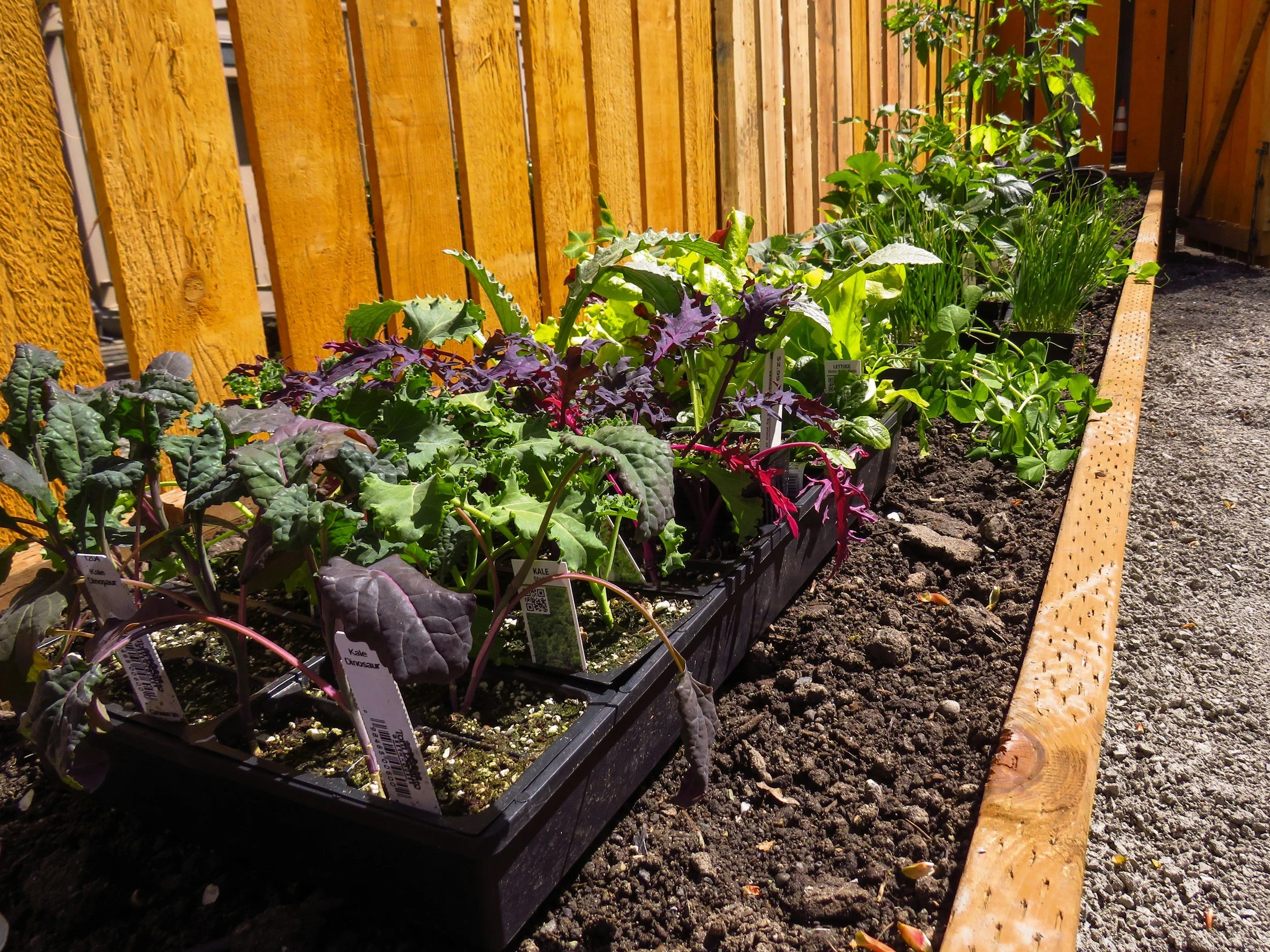

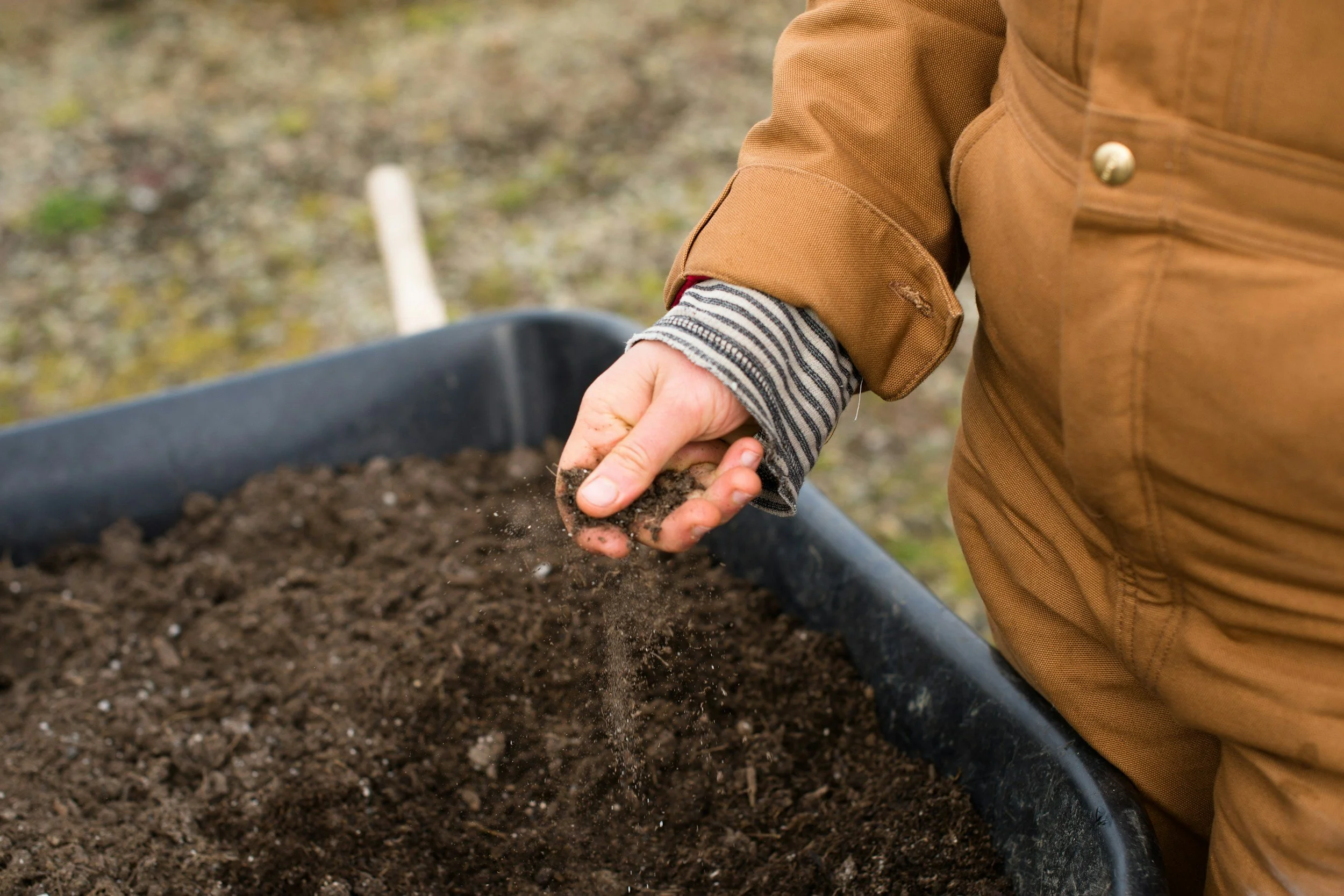











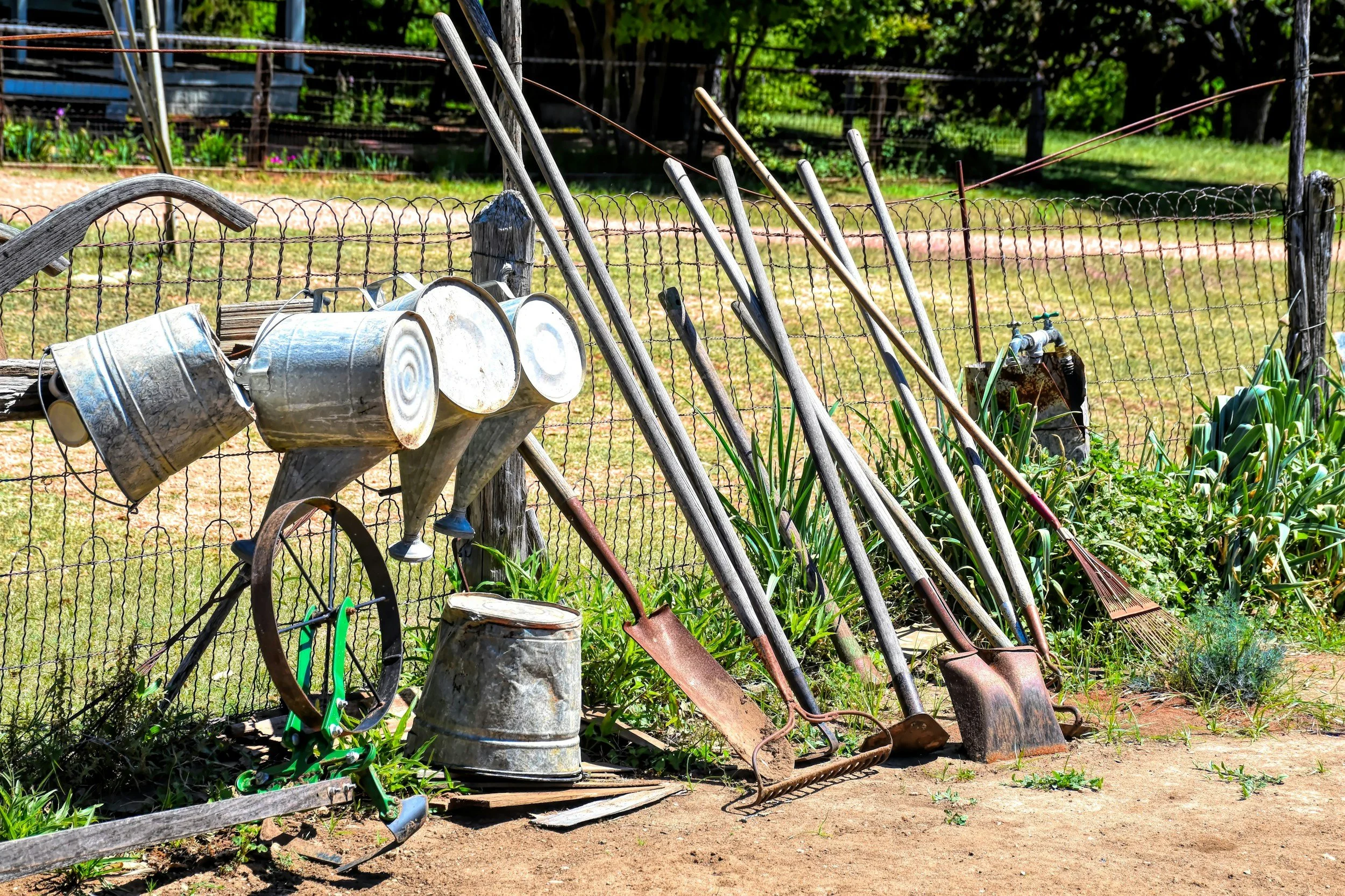
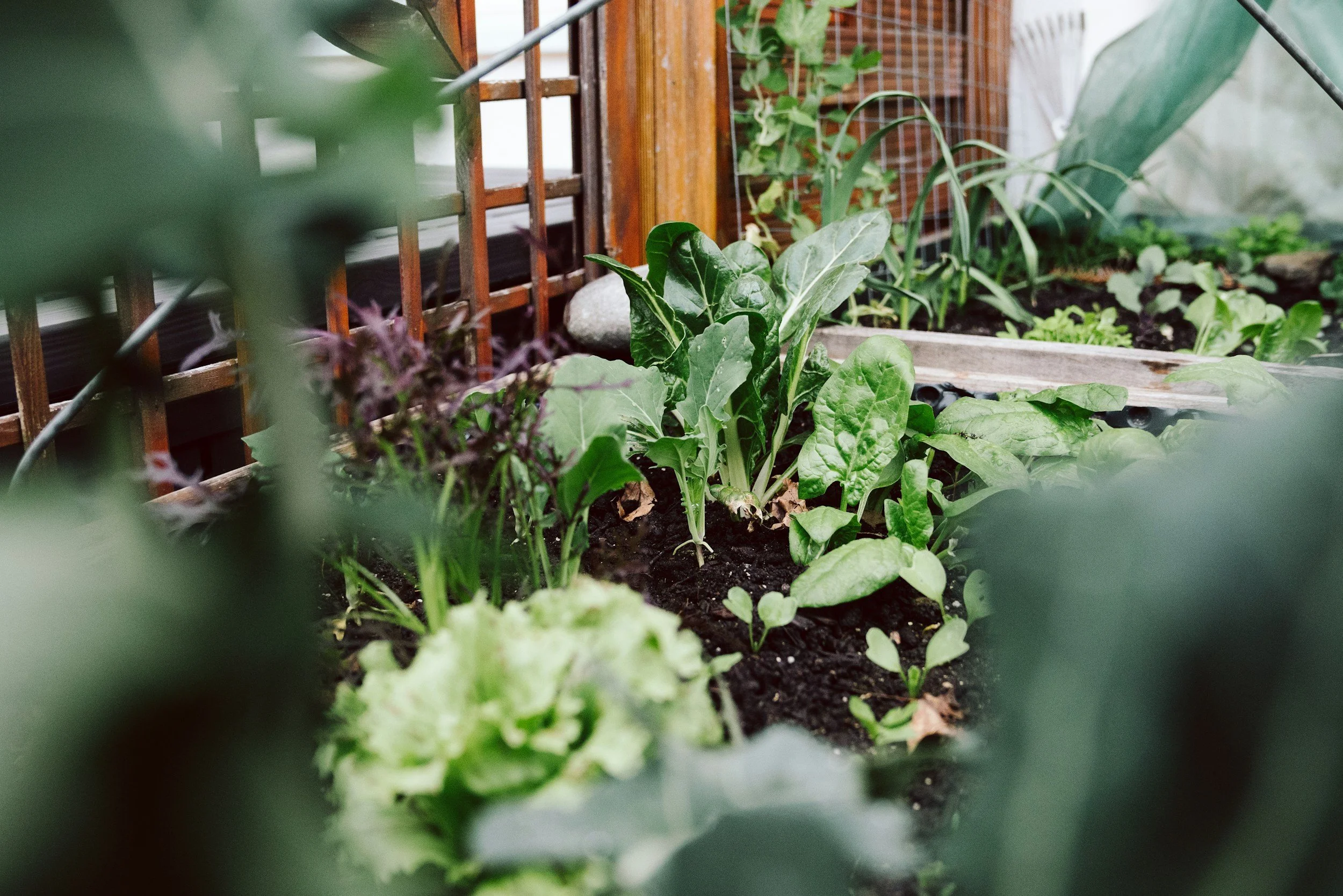


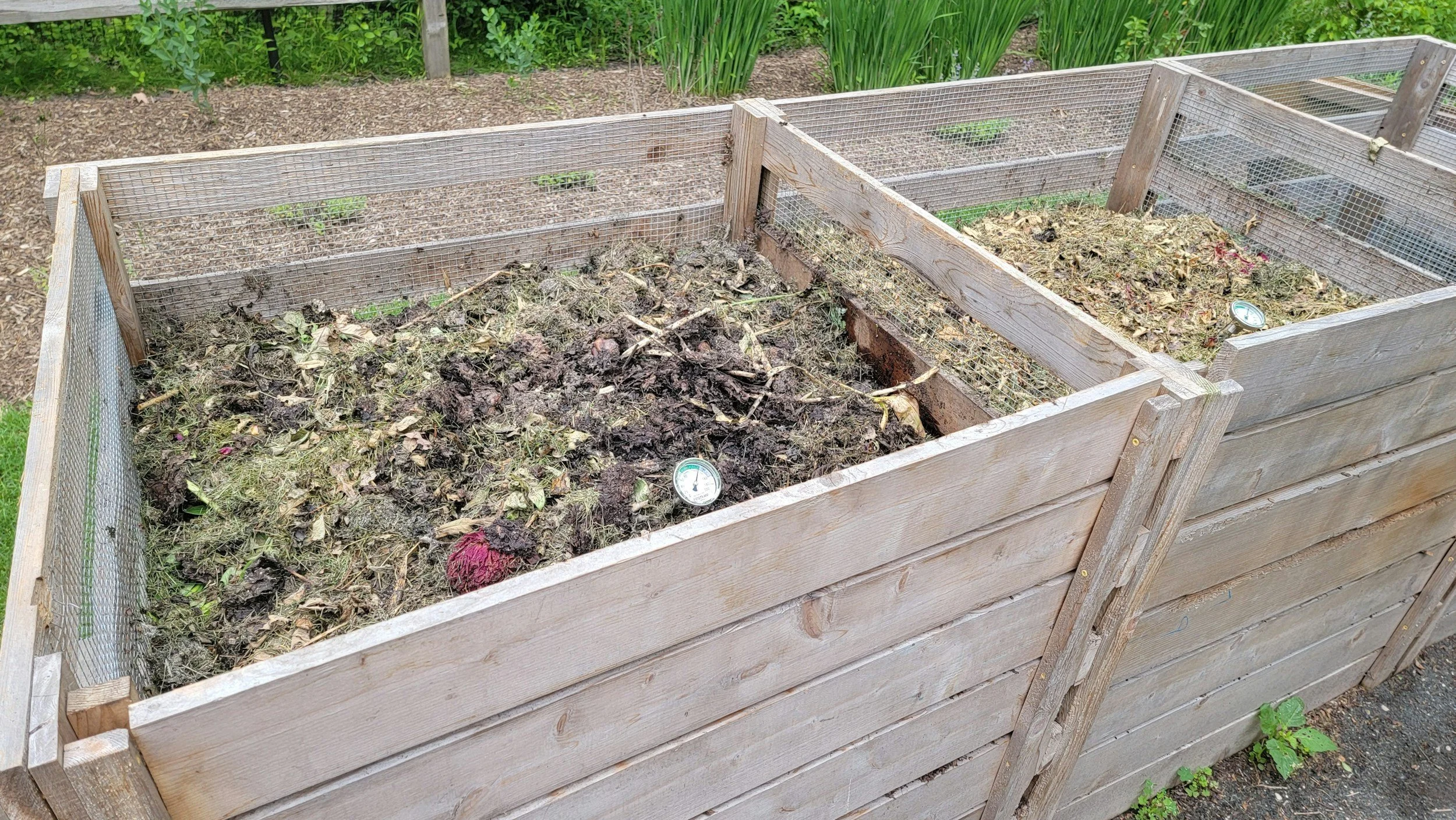













Though mostly known for its mining industry, particularly iron ore and natural gas, Australia also produces and exports a considerable amount of aquaculture products. Indeed, aquaculture is a vital and rapidly growing part of Australia’s globally important food production sector. From barramundi and Atlantic salmon to oysters, mussels, and prawns, farmed seafood now accounts for 42% of domestic seafood supply and a growing proportion of Australia’s high-value exports.